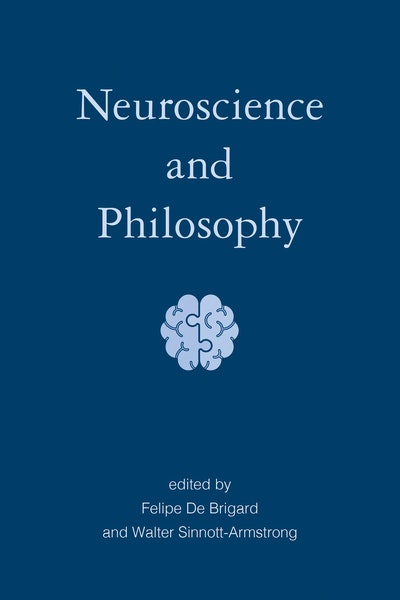[]
- Published: 22 February 2022
- ISBN: 9780262045438
- Imprint: MIT Press Academic
- Format: Paperback
- Pages: 506
- RRP: $170.00
Neuroscience and Philosophy
Buy from…
- Published: 22 February 2022
- ISBN: 9780262045438
- Imprint: MIT Press Academic
- Format: Paperback
- Pages: 506
- RRP: $170.00
"In his call for sincere dialogue with theists, Sinnott-Armstrong provides a welcome relief from the apoplectic excesses of Richard Dawkins and Christopher Hitchens, while also addressing objections to homosexuality and evolution frequently raised by evangelical Christians." - Publishers Weekly
"You think people are either conscious or not? Think again. Walter Sinnott-Armstrong takes us by the hand through a forest of clinical exceptions and leaves us wondering what the very concept of consciousness really means. It is a brilliant analysis...not to be missed" - Michael Gazzaniga, PhD, Director of the SAGE Center for the Study of Mind at the University of California, Santa Barbara
